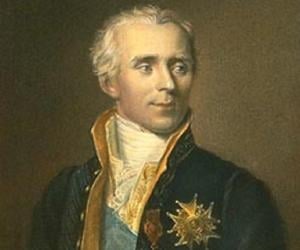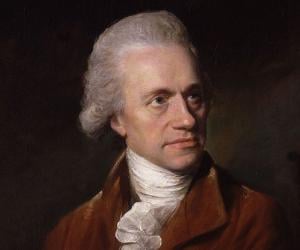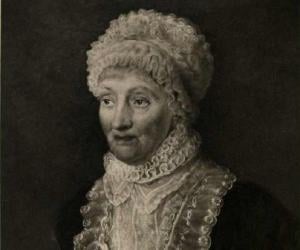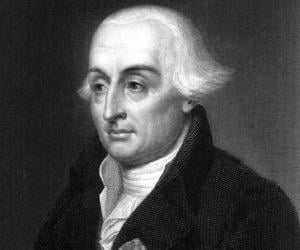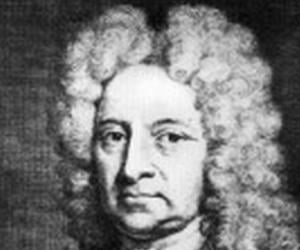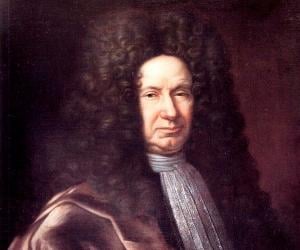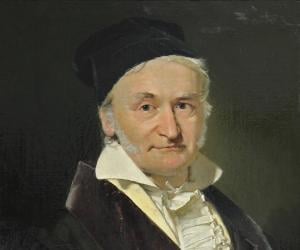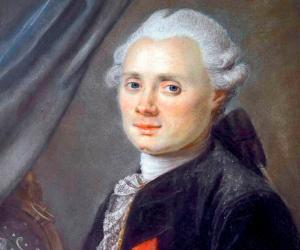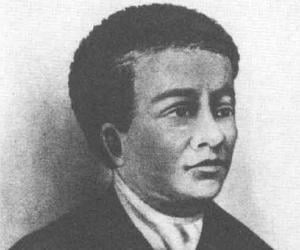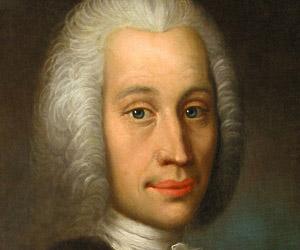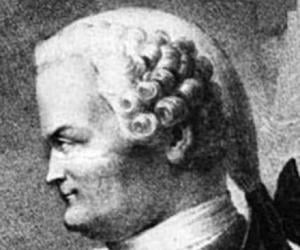Though French scholar Pierre-Simon Laplace is primarily known for his work on the solar system, his research extended to areas such as mathematics and physics, apart from astronomy. Widely known as the Newton of France, he escaped being executed during the French Revolution, owing to his lack of political views.
William Herschel was a German-born British astronomer and composer. He pioneered the use of astronomical spectrophotometry and discovered infrared radiation. Impressed by his work, King George III appointed him the Court Astronomer. Herschel often collaborated with his sister, Caroline Lucretia Herschel, a fellow astronomer. In 1816, he was made a Knight of the Royal Guelphic Order.
Caroline Herschel was a German astronomer who is credited with the discovery of many comets, such as 35P/Herschel-Rigollet, which is named in her honor. In 1828, Herschel became the first woman to be honored with a Gold Medal of the Royal Astronomical Society. She was also the first female scientist to receive a salary.
Joseph Louis Lagrange was an Italian mathematician and astronomer who made significant contributions to the fields of number theory, analysis, and both classical and celestial mechanics. He served as the director of mathematics at the Prussian Academy of Sciences in Berlin for over 20 years. He later moved to France and became a member of the French Academy of Sciences.
Edmond Halley was an English astronomer and mathematician who was mainly concerned with practical applications of science. He abandoned college education to travel to St. Helena. He published catalogue of 341 southern stars with telescopically determined locations. Known for his wide range of interest, he helped Newton to publish his magnum opus, Philosophiæ Naturalis Principia Mathematica. He used Newton's Law of Motion to compute periodicty of Halley’s Comet.
German mathematician and physicist Carl Friedrich Gauss is remembered for his work in math and science. Known as the Princeps mathematicorum, he laid down tenets such as the Gauss's Law. He had exhibited his talent since an early age and had completed writing Disquisitiones Arithmeticae by 21.
French astronomer Charles Messier is remembered for his pioneering tabulation of nebulae, making it easier to differentiate between nebulae and comets. King Louis XV name him The Comet Ferret. He was drawn to astronomy when he witnessed a solar eclipse and the great six-tailed comet in childhood.
Benjamin Banneker was born to a free African-American mother and a former slave father, and was largely self-educated. While he showed immense talent in both mathematics and astronomy, having predicted a solar eclipse with precision, he also wrote essays on civil rights and rallied against slavery.
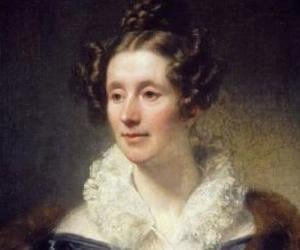
One of the two pioneering female honorary members of the Royal Astronomical Society, Mary Somerville was a 19th-century polymath and science writer. Though she specialized in math and astronomy, she was also well-versed in botany and geology. The Connection of the Physical Sciences remains her most notable work.
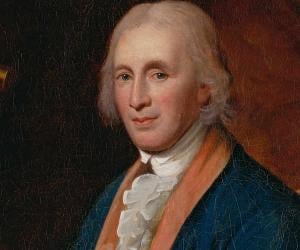
American astronomer, inventor, mathematician, clockmaker and surveyor David Rittenhouse, who served as first director of the United States Mint and remained a member of the American Philosophical Society, made several significant breakthroughs for the US. His achievements include discovering the atmosphere of Venus and observing its transit, becoming the first American to sight Uranus, and completing an advanced orrery.
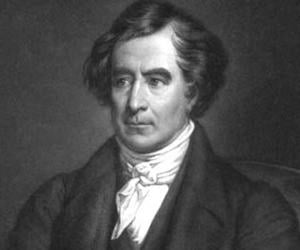
French physicist and mathematician François Arago discovered rotatory magnetism, named Arago's rotations. He is also remembered for his research on the wave theory of light and for the reforms he introduced as the French minister of war and the navy. The Eiffel Tower has his name inscribed on it.
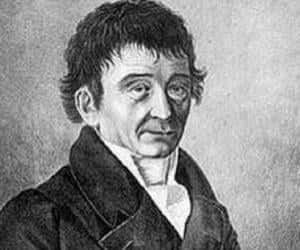
Ernst Chladni was a German musician and physicist. He is often referred to as the father of acoustics for his research on vibrating plates; he came up with a method to observe and study the various modes of vibration. Ernst Chladni is also considered the father of meteoritics for his significant contribution to the study of meteorites.
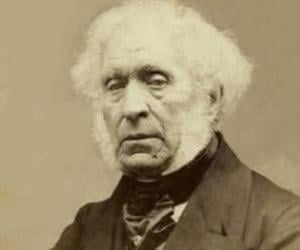
David Brewster was a British scientist, inventor, and author. He conducted many experiments in physical optics, especially concerned with the study of the polarization of light. Fellow scientist William Whewell dubbed him the "father of modern experimental optics." He was also a pioneer in photography and invented an improved stereoscope. He wrote numerous works of popular science as well.
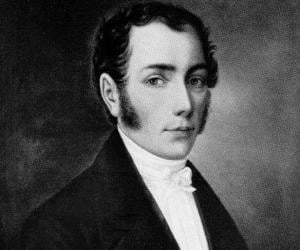
Joseph von Fraunhofer was a Bavarian optical lens manufacturer and physicist. He is credited with developing diffraction grating and inventing the spectroscope. He is also credited with discovering the Fraunhofer lines, the dark absorption lines produced in the spectrum of the sun. The Fraunhofer Society, Europe's biggest Society for the Advancement of Applied Research, is named in his honor.
Of French astronomer Guillaume Le Gentil’s discoveries, the most notable remain the Messier objects M32, M36, and M38. He waited for 8 years in India to observe the transit of Venus, but bad weather prevented his mission. He was mistakenly declared dead in France, but went back to reclaim his life.
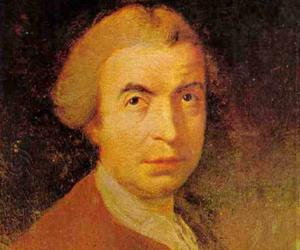
Italian astronomer and mathematician Roger Joseph Boscovich was one of the first European scientists to accept Newton’s gravitational theory. His contributions to astronomy include the application of geometry to compute the orbit of a planet and the equator of a rotating planet. He also laid the foundation of the atomic theory.
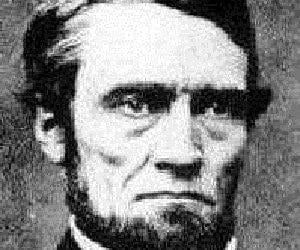
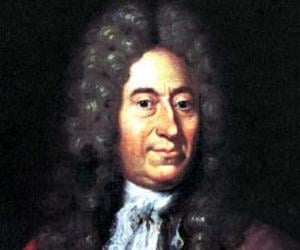
Ole Rømer was a Danish astronomer known for making the first quantitative measurements of the speed of light in 1676. Born into a wealthy family where his interest in mathematics and astronomy were encouraged, he went on to study at the University of Copenhagen. He had a high-profile career and was employed by the French government under King Louis XIV.
Johann Heinrich Lambert was a Swiss polymath whose contributions to the fields of physics, mathematics, map projections, astronomy, and philosophy are considered important by many scholars. He is credited with introducing hyperbolic functions into trigonometry. He is also credited with inventing a hygrometer, which is used to measure the quantity of water vapor in soil and air.
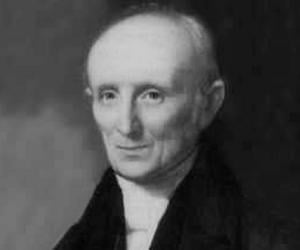
At 10, Nathaniel Bowditch was forced to quit studies due to poverty and started working, first at his father’s shop and then as a clerk in other shops. During his voyages in merchant ships, he discovered his love for math. He later redefined maritime navigation with his mathematical research.
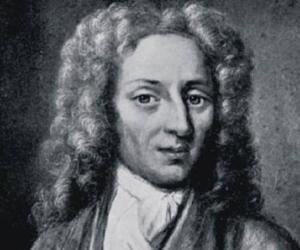
A close associate of Isaac Newton, Swiss mathematician Nicolas Fatio de Duillier, was, according to many, the reason for Newton’s nervous breakdown after they fell apart. He is best remembered for co-discovering the phenomenon of zodiacal light and for inventing the shadow theory of gravitation.
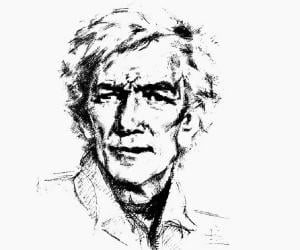
Eusebio Kino was a Tyrolean missionary, explorer, geographer, astronomer, and cartographer. Nicknamed Father Kino for his missionary work, Eusebio worked closely with the indigenous Native American people, including the Sobaipuri, Tohono O'Odham, and other Upper Piman populations, as part of his exploration. He also led an overland expedition in the Baja California Peninsula, proving that it is not an island.

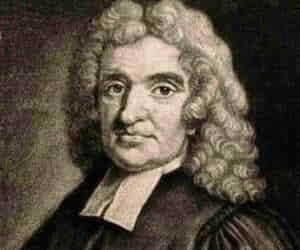
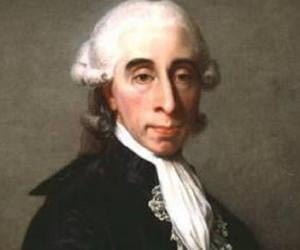
A major figure of the French Revolution, Jean Sylvain Bailly is remembered for leading the Tennis Court Oath. He also made a name for himself as an astronomer and studied the Halley’s Comet and the satellites of Jupiter extensively. As a mayor of Paris, he later defended Marie-Antoinette and was guillotined.
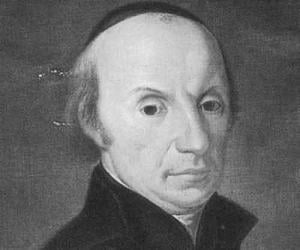
Italian Theatine priest, astronomer and mathematician Giuseppe Piazzi discovered and identified the first asteroid Ceres at Palermo Astronomical Observatory that he established in Palermo, Sicily. He first demonstrated the large proper motion of the binary star system 61 Cygni in the constellation Cygnus. He also supervised compilation of the Palermo Catalogue of stars and completion of the Capodimonte (Naples) Observatory.
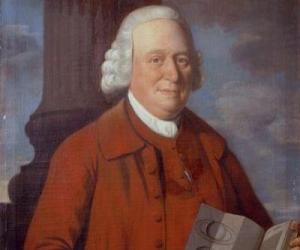
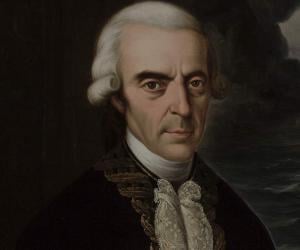
Spanish mariner Antonio de Ulloa was sent by the government to explore America and ended up being captured by the British while returning. His scientific zeal made him a Fellow of the Royal Society there. He is remembered for his metallurgical, astronomical, and geographical discoveries and treatises.
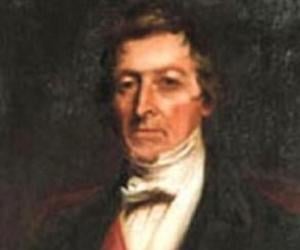
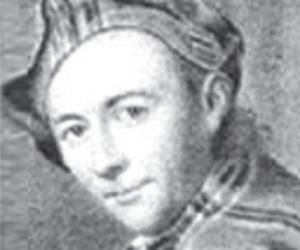
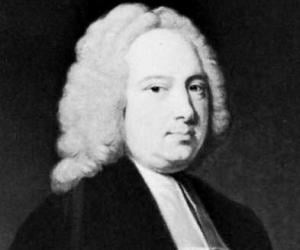
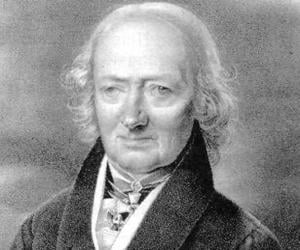
Johann Bode was a German astronomer best remembered for popularizing the Titius–Bode law. He is also credited with determining the orbit of planet Uranus and also suggested the name Uranus. He also served as the director of the Berlin Observatory.
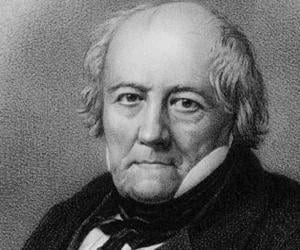
Jean-Baptiste Biot was a French physicist, mathematician, and astronomer. He was a co-discoverer of what became known as the Biot-Savart law of magnetostatics. He is also credited with establishing the reality of meteorites. He made major contributions to the fields of optics and magnetism as well. Cape Biot in eastern Greenland is named in his honor.
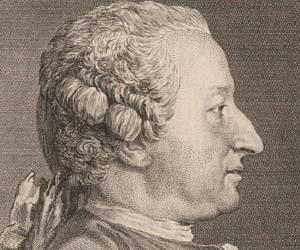
Born to a math teacher, French mathematician and physicist Alexis Clairaut had mastered calculus at 10. He is best remembered for devising the Clairaut’s equation and for validating the scientific claims of Sir Isaac Newton. He was part of an expedition to Lapland to ascertain a degree of the meridian arc.
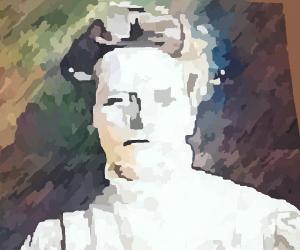
Born to a Lutheran minister, Maria Margaretha Kirch was educated at par with boys of her age, which wasn’t the norm back then. She later became the first woman astronomer to discover a comet. The German astronomer also received accolades such as the Gold Medal of the Royal Academy of Sciences.
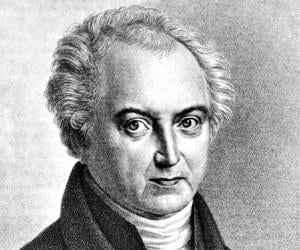
Apart from being an astronomer, Heinrich Wilhelm Olbers was also a qualified physician. He converted a portion of his house into an observatory and spent a considerable part of his life attempting to discover a planet between Jupiter and Mars. He is best known for introducing his idea of Olbers' paradox.
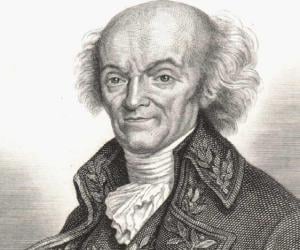
Jérôme Lalande was a French astronomer, freemason, and writer. His parents wanted him to study law, but he became a disciple of astronomer Joseph-Nicholas Delisle instead. He went on to have a brilliant career as an astronomer and was awarded the Lalande Prize by the French Academy of Sciences. His daughter Marie-Jeanne de Lalande also became an astronomer.
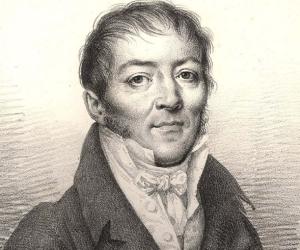
Alexis Bouvard was a French astronomer, particularly noted for predicting the existence of an eighth planet in the solar system. Also known for discovering eight comets, he wrote Tables astronomiques of Jupiter, Saturn and Uranus; but when his tables for Uranus failed, he correctly hypothesized that an unknown planet, later discovered as Neptune, is causing irregularity in its movement.
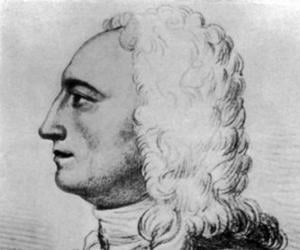
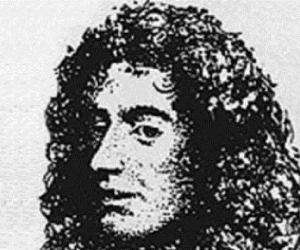
Born to astronomer Giovanni Domenico Cassini, the director of the Paris Conservatory, Jacques Cassini, too, followed in his father’s footsteps. He opposed Sir Isaac Newton’s theory of gravity and released the preliminary tables of the satellites of Saturn. He also helped measure the longitude line between Dunkerque and Perpignan.
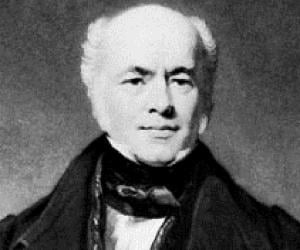
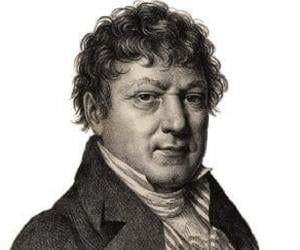
It is believed Jean-Baptiste-Joseph Delambre had acquired his habit of reading from his fear of losing his eyesight. He later became a professor of astronomy and served Paris Observatory as its director. He also penned significant works such as Histoire de l'astronomie. His name remains engraved on the Eiffel Tower.
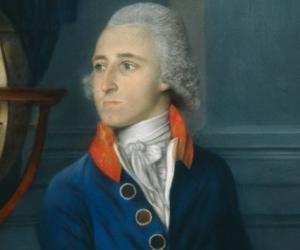
John Goodricke was an English astronomer best remembered for his observations of the Demon Star in 1782. The following year, he was honored with the prestigious Copley Medal for his work. In 1786, John Goodricke was made a member of the Royal Society.
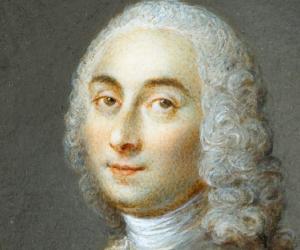
French astronomer and surveyor César-François Cassini de Thury followed in his father Jacques Cassini’s footsteps to create an authentic topographical map of France. His Carte de Cassini was the first map which charted an entire country based on its topography. He had also been the director of the Paris Observatory.
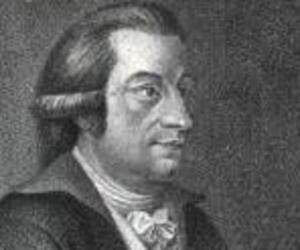
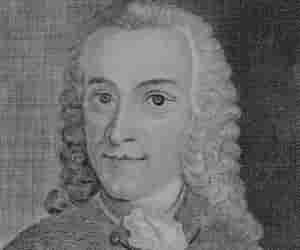
Tobias Mayer is best remembered for his extensive research on the Moon and lunar tables, which revolutionized the study of longitude at sea. Born amid poverty, he taught himself math and began his career as a math teacher. He eventually chaired economy and math at the University of Göttingen.
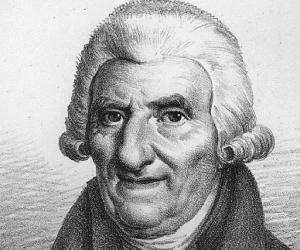
The son of renowned French astronomer César-François Cassini de Thury, Dominique, comte de Cassini followed in his father’s footsteps to serve as the director of the Paris Observatory. He also completed the map of France that his father had begun. His monarchist ideals got him imprisoned by the revolutionary government.
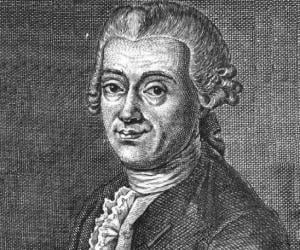
Johann Daniel Titius, best known for proposing the Titius–Bode law, was a pioneer in measuring distances between the Sun and celestial bodies and planets. There is a crater on the Moon that is named after him. His areas of research also included thermometry and biology.
